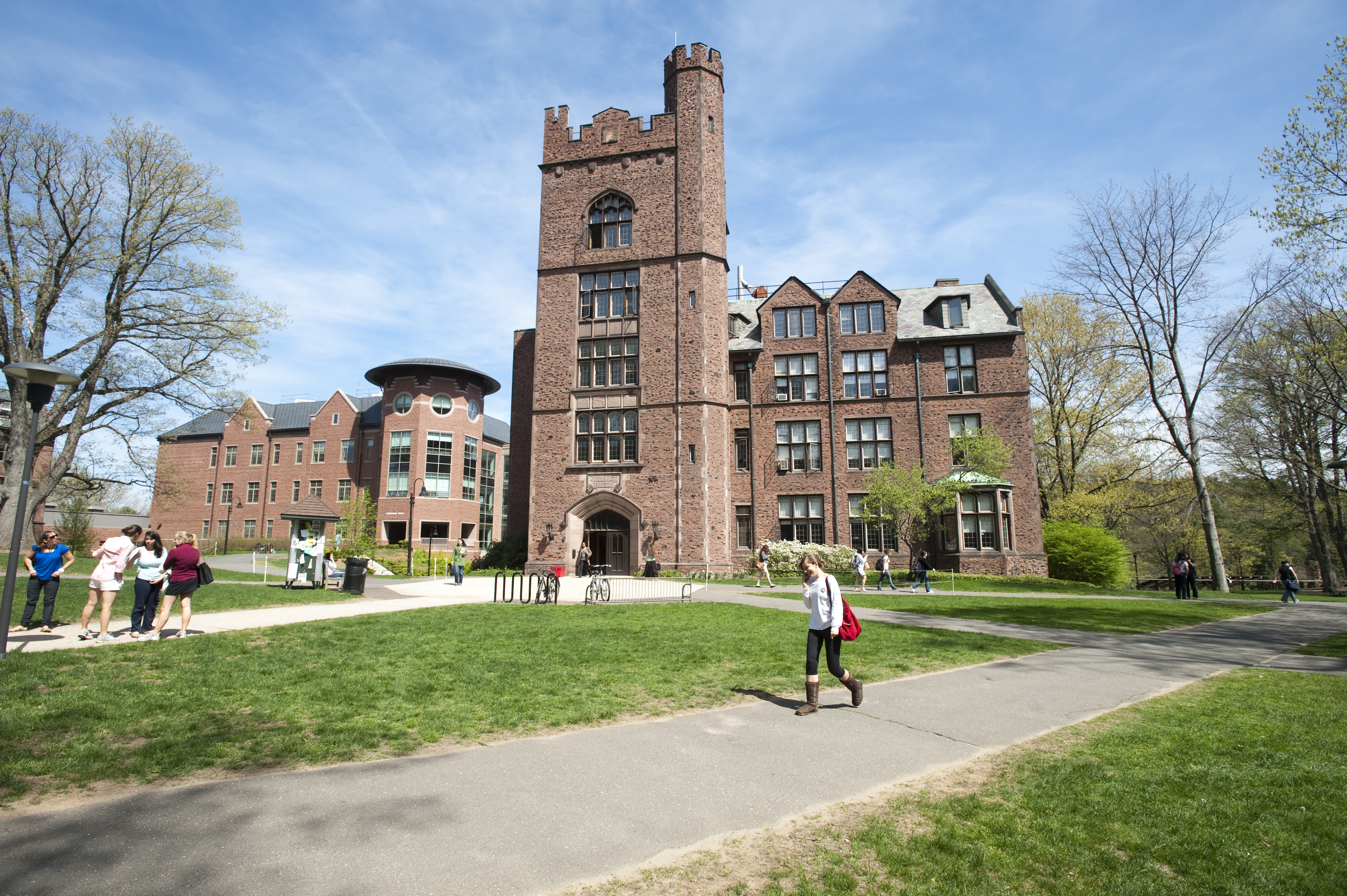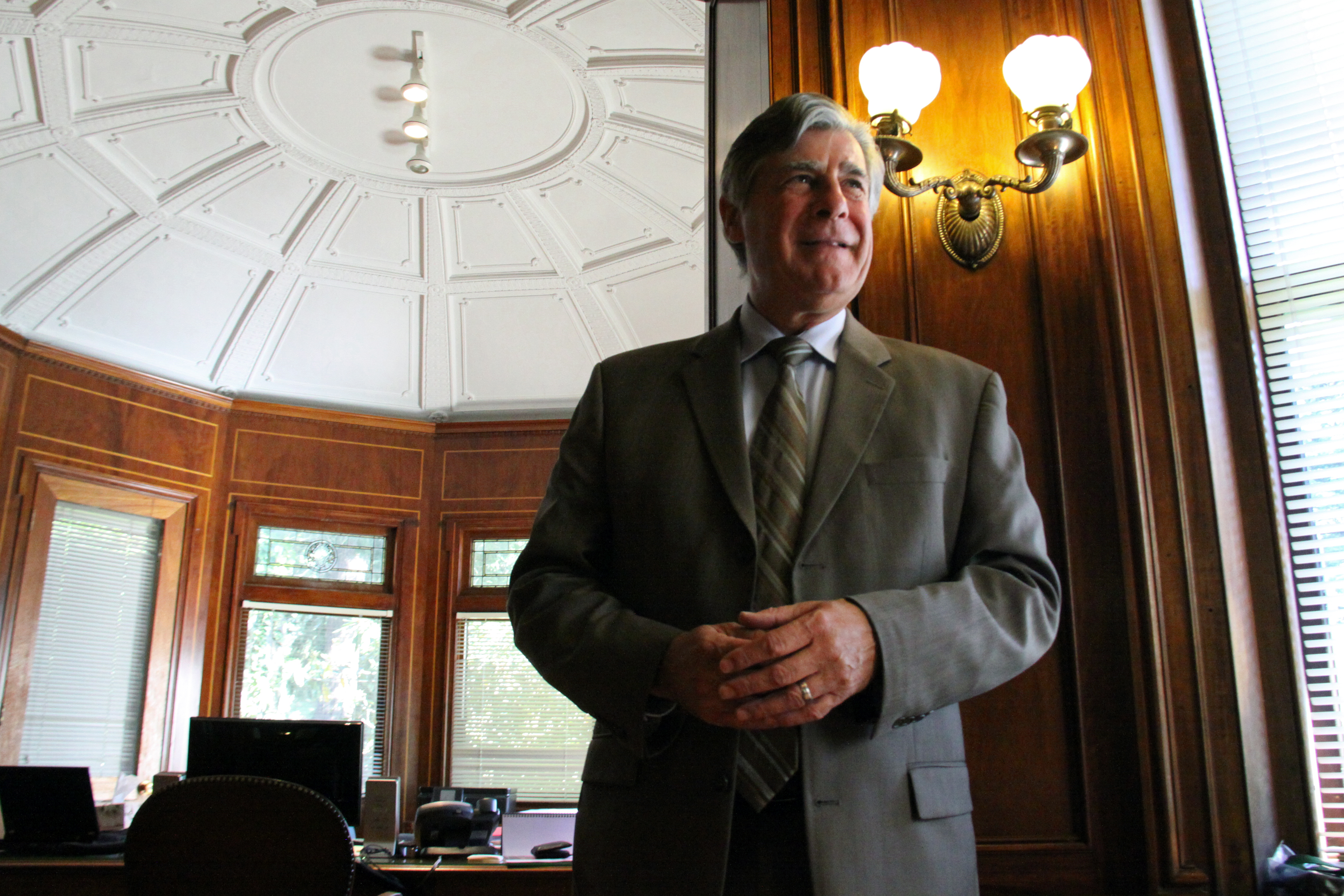mount holyoke

This fall, Mount Holyoke College in western Massachusetts became the second all women's college in the U.S. to begin accepting applications from transgender students. The announcement was received positively on the South Hadley campus, but it's also raising questions about Mount Holyoke's identity as the oldest women's college in the country.
Mount Holyoke College in Massachusetts is now accepting applications from transgender students. That means there could be students on campus who are biologically male, but identify as female. Or there could be students who are biologically female, but identify as male.
On Campus recently reported on this new policy change, talking to administrators and students on campus. But we wanted to hear from more voices than we could fit into one radio story, so we reached out to graduates of women's colleges and members of the transgender community. We asked: Does accepting transgender students change what a women's college is? Do you think there's space for exclusivity based on gender in higher education today?

High school seniors across the country are anxiously awaiting college acceptance or rejection letters. The experience can be excruciating, especially for those who are hoping to become the first in their family to go to college. But Lynn Pasquerella, president of Mount Holyoke College, wants to take the time this admissions season to think about those students who did not apply.
 They’ve been part of the higher education landscape since 1837 when Mount Holyoke College in South Hadley, Mass., opened its doors. But today, some women’s colleges are struggling to fill their seats.
They’ve been part of the higher education landscape since 1837 when Mount Holyoke College in South Hadley, Mass., opened its doors. But today, some women’s colleges are struggling to fill their seats.
Twice in the past six months, trustees at traditionally women-only schools have responded to that challenge by voting to go co-ed.










